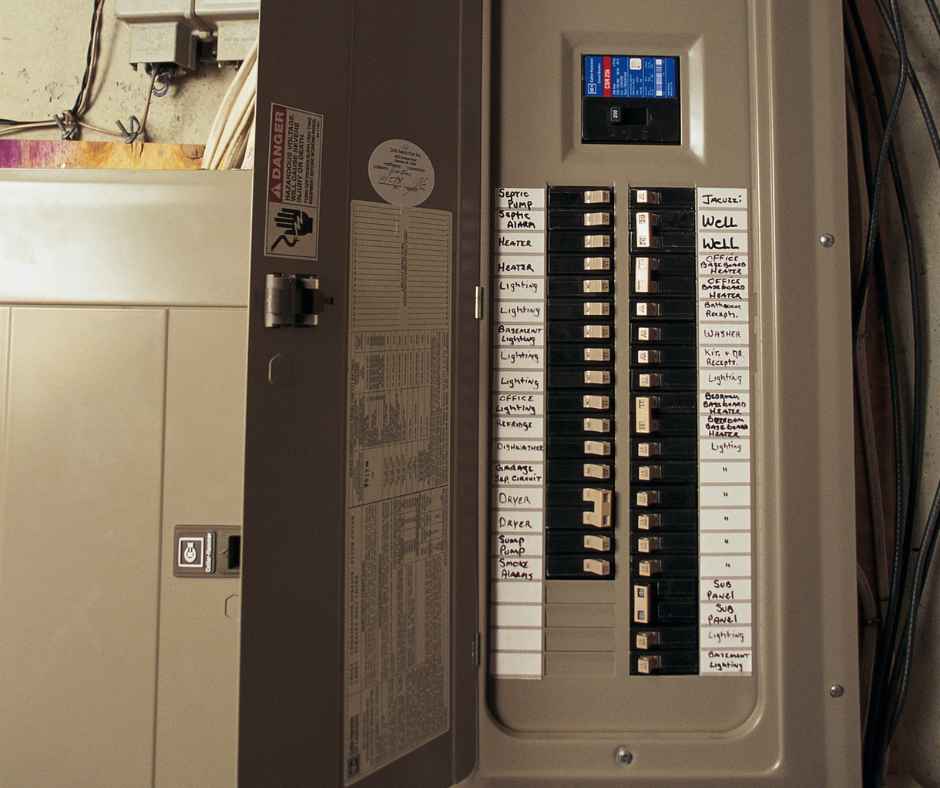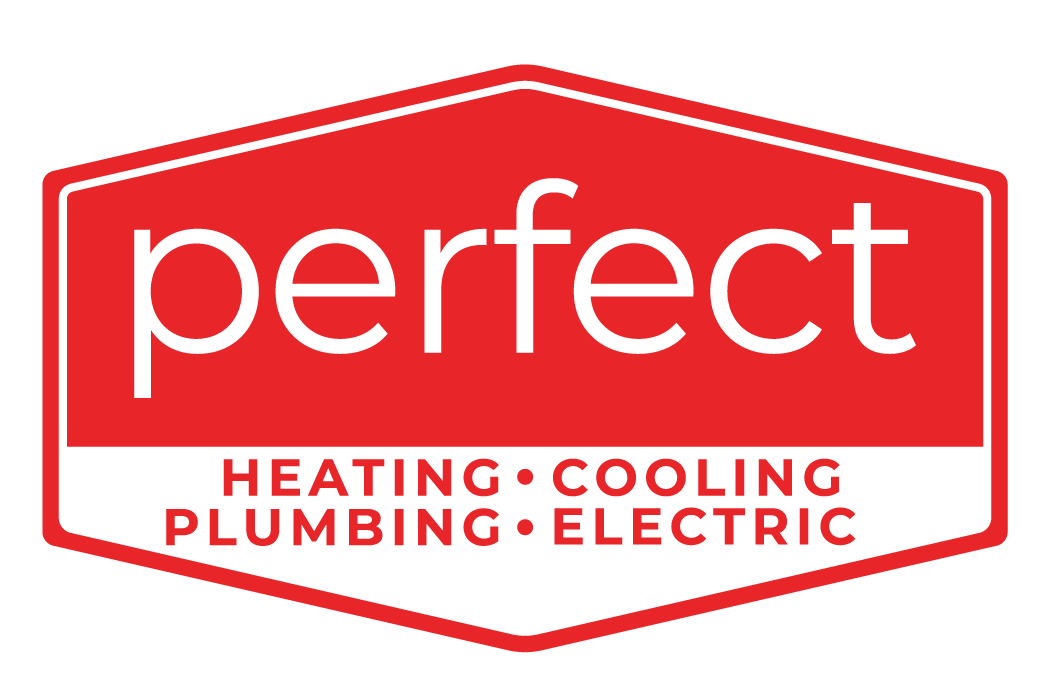
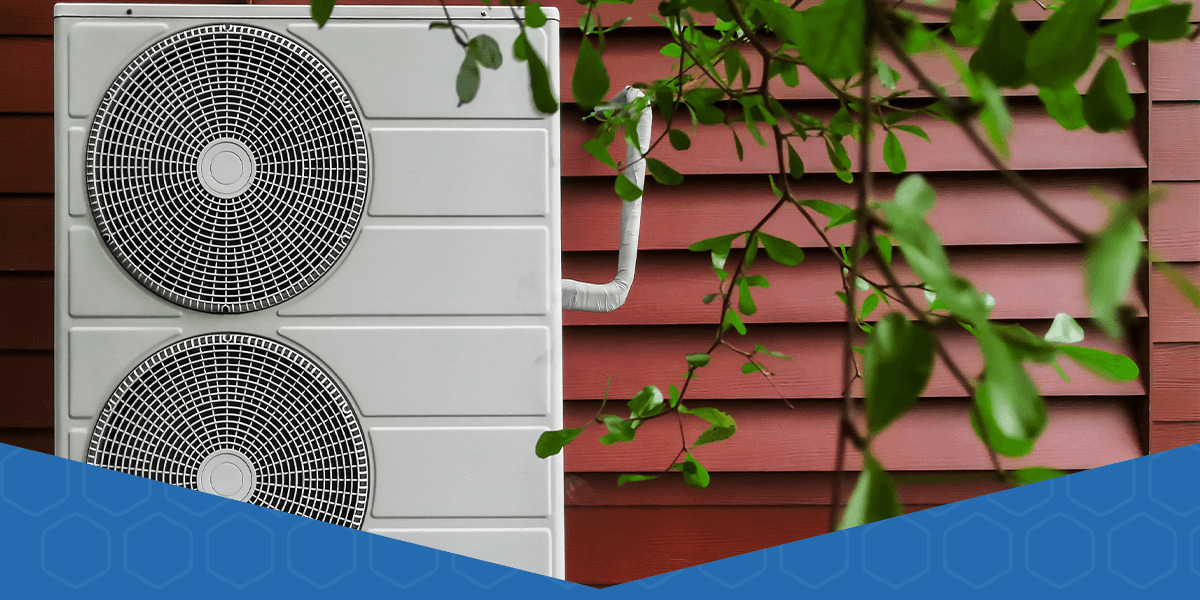
The Beginner’s Guide to Heat Pumps
November 29, 2023
Heat pump sales officially surpassed gas furnace sales in 2023, and it’s not hard to see why — these appliances are more sustainable, cost-efficient and comfortable than conventional HVAC equipment in almost every way.
With the Inflation Reduction Act offering federal tax credits for eligible homeowners who install energy-efficient renovations, there has never been a better time to consider an upgrade.
This guide provides a brief overview of everything you need to know about heat pumps, including the incentives you can use to finance your investment.
What Is a Heat Pump?
A heat pump is an all-in-one heating and cooling system that regulates temperature by transferring heat between the outside and your home’s interior, and vice versa.
Usually, these devices come in two forms.
- Ducted: Traditional ducted heat pumps consist of a single outdoor unit that uses a system of ducts and vents to move air through your home. This option is usually best for larger homes with existing ductwork.
- Ductless: Like a mini-split AC, heat pump units labeled “ductless” have two parts — one inside your home and the other outside. This model is a good option if you lack existing or functioning ducts.
Heat pumps run on electricity, so they don’t burn fossil fuels at the point of use. Essentially, using a heat pump can help you shrink your carbon footprint and contribute to a healthier environment.
How Does a Heat Pump Work?
Unlike furnaces and air conditioners, heat pumps do not generate hot or cold air. Instead, a heat pump works by pulling the existing heat from one area and moving it to another. This transfer process allows it to serve dual purposes depending on your immediate needs.
For example, in fall and winter, the pump will absorb heat from outside your home and transfer it indoors. This process reverses in spring and summer.
Heat sources include the following.
- Air: Air-source heat pumps move heat between the air inside and outside the home.
- Geothermal: Ground-source heat pumps transfer heat from within the earth inside, and vice versa.
Most general-purpose heat pumps work best in climates where it doesn’t get too cold — the South and Southwest are ideal regions for upgrading to this technology. For efficient temperature control in frigid temperatures, you’ll want to install a pump specially designed for cold climates or pair yours with a backup furnace.
How Long Do Heat Pumps Last?
Heat pumps typically last anywhere from 10 to 15 years, though some can last even longer with proactive maintenance.
While this life span is somewhat shorter than traditional HVAC equipment, remember that heat pumps see year-round use. In contrast, you only use your air conditioner and furnace for a few months at a time.
Heat pumps are also relatively new, and technological advancements come out every year. Newer developments may enable life spans that could even exceed standard HVAC systems.
What Are the Benefits of a Heat Pump?
There are many reasons to invest in energy-efficient home appliances like heat pumps, solar panels or tankless water heaters. Here are some of the most significant benefits of installing a heat pump in your home.
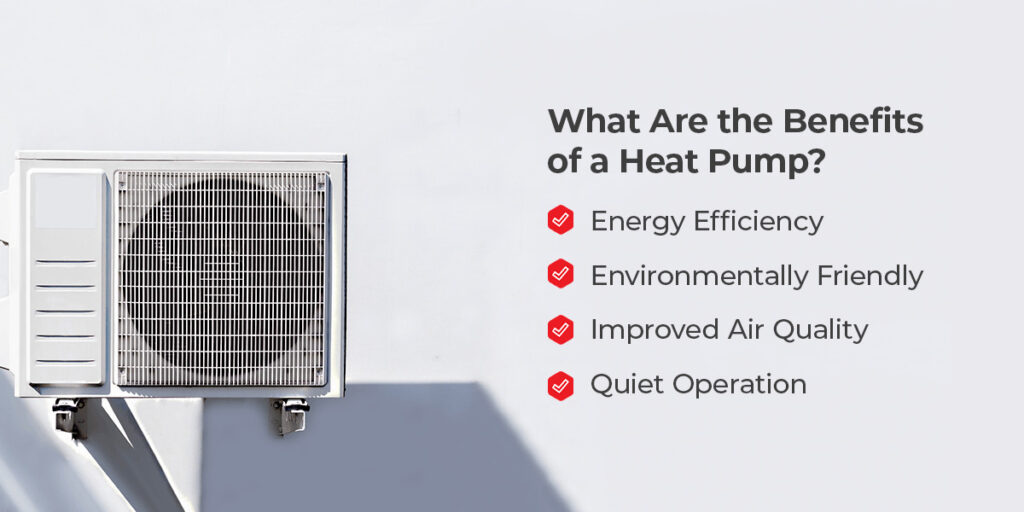
Energy Efficiency
Heat pumps don’t generate heat — instead, they transfer warmth between locations. The process uses significantly less energy, which helps cut down your usage and keeps your utility bills low.
Generally, geothermal heat pumps are environmentally friendlier than air-source pumps. Still, regardless of the type you choose, a heat pump is more energy-efficient than traditional HVAC systems.
Environmentally Friendly
Because heat pumps don’t burn fossil fuels locally, installing one can help you contribute to a more sustainable future. Heat pumps are electric systems, and many utility companies provide electric power from renewable sources like wind and solar.
Additionally, replacing gas furnaces can reduce the risk of methane leaks, which can accidentally harm the environment by releasing potent greenhouse gases into the atmosphere. Experts estimate heat pump use could cut global emissions by half a gigaton by 2030 — that’s a billion tons!
Improved Air Quality
Because heat pumps circulate air between your home’s interior and exterior, you always have fresh air inside. Improving your indoor air quality can alleviate symptoms like:
- Sinus irritation
- Headaches
- Respiratory issues
- Allergies
It can also act as an air freshener by cycling old, musty air outside the home. If you frequently cook with pungent ingredients like garlic or onions, a heat pump could keep your home smelling fresh without candles or air freshener sprays.
Quiet Operation
While traditional HVAC units can be noisy, heat pumps are only about as loud as your standard dishwasher. Because conventional ducted units sit outside your home, they are the quieter option — but you can find ductless systems that operate at lower decibel ratings than most household appliances.
What Government Incentives Are Available for Heat Pumps?
Thanks to the Inflation Reduction Act of 2023, you can make your home more efficient while saving hundreds or even thousands of dollars.
The Energy-Efficient Home Improvement Credit allows eligible homeowners to take a tax credit of 30% of the total cost of their heat pump system for the year of installation. The limit on this credit is $2,000.
Homeowners who install an energy-efficient heat pump in their principal residence are eligible for this incentive. The eligibility period ends in 2032.
Note that this credit only applies to your existing structures — new construction and rentals are ineligible.
Many states also issue rebates for heat pump installations, though terms will vary depending on where you live. Check your state government’s website to learn more.
Contact Perfect Home Services to Schedule Your Heat Pump Installation
Are you considering switching to a ductless heat pump? You can rely on the expert technicians at Perfect Home Services to help you find the right unit for your needs and take care of your installation.
When you’re upgrading your heating and cooling system, nothing less than a perfect job will do. Use our online form or call us to book your installation appointment today.
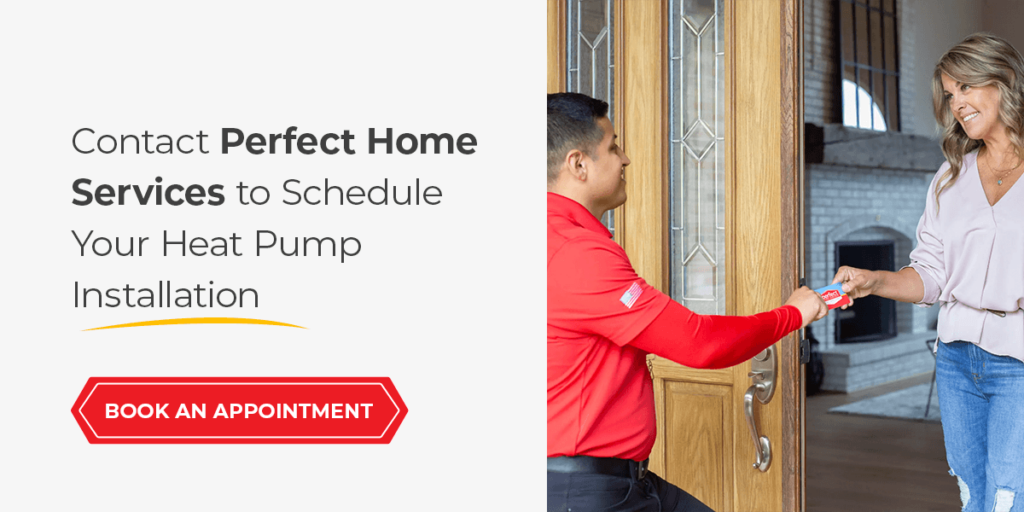
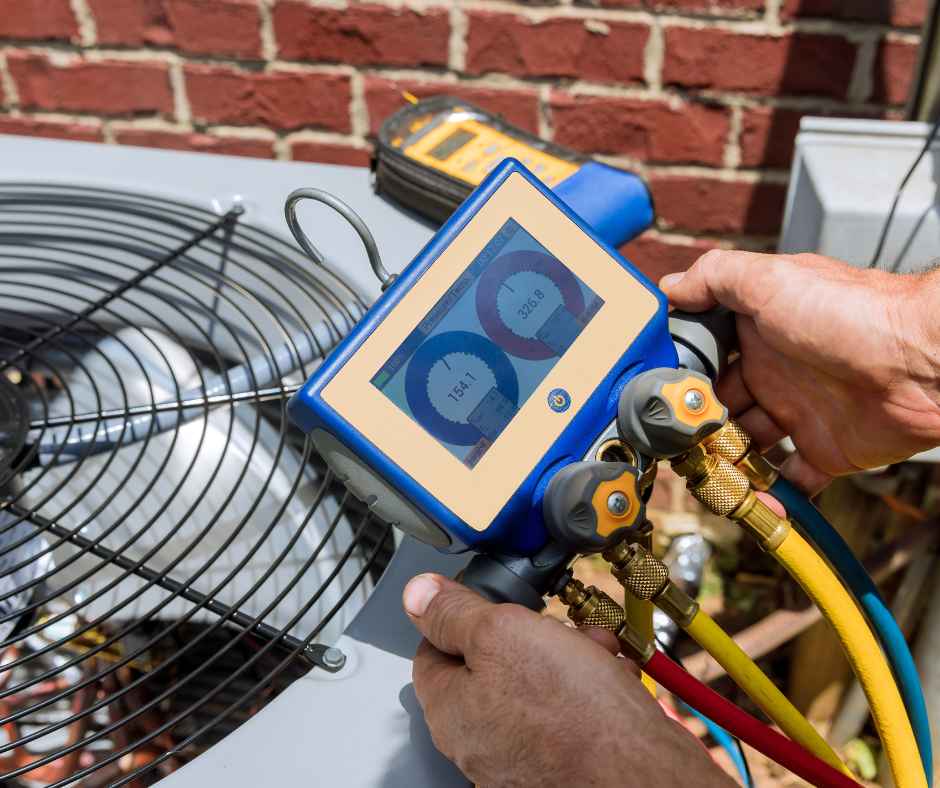
Should I Repair or Replace My AC?
June 4, 2025
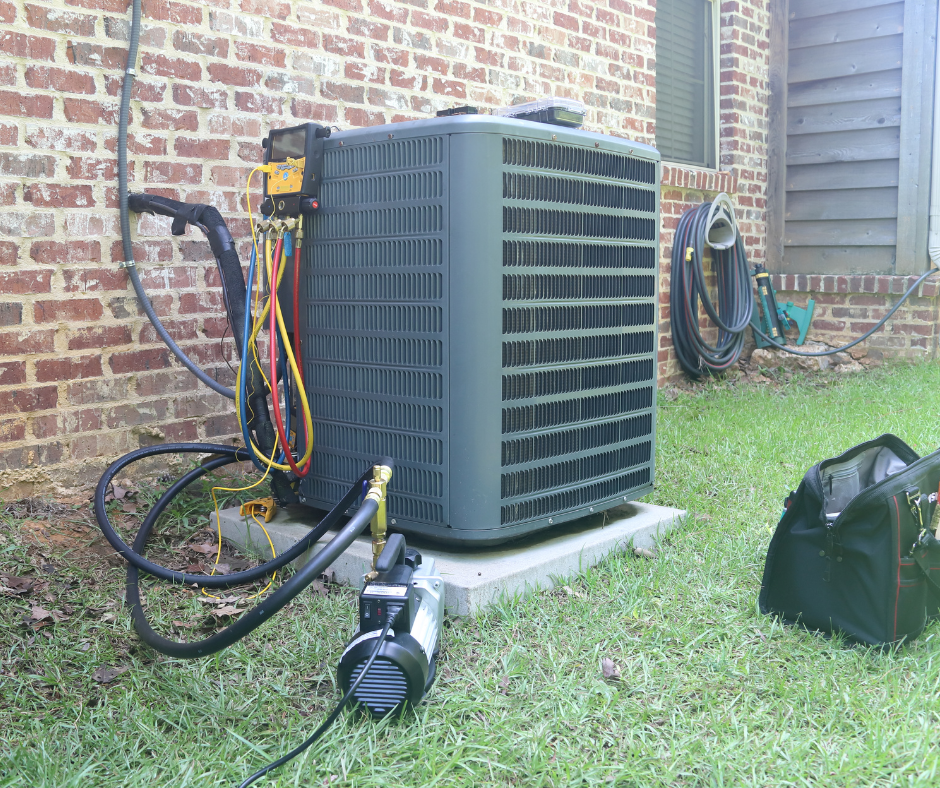
Why Is My Air Conditioner Running But Not Cooling The House?
May 8, 2025
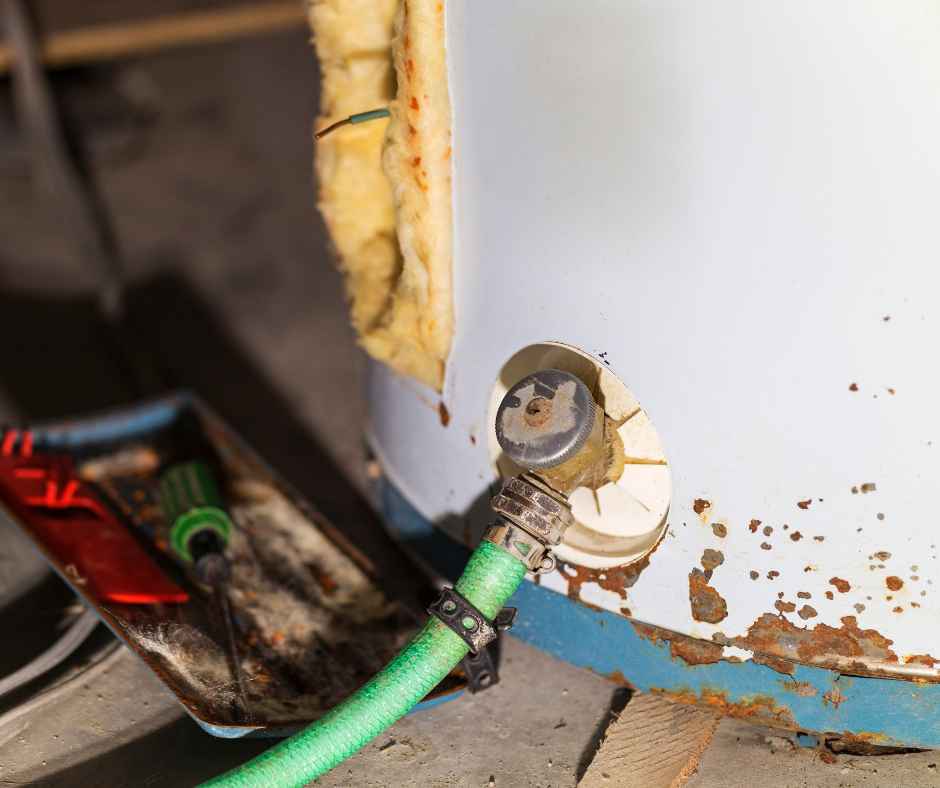
How Long Does a Water Heater Last?
April 10, 2025
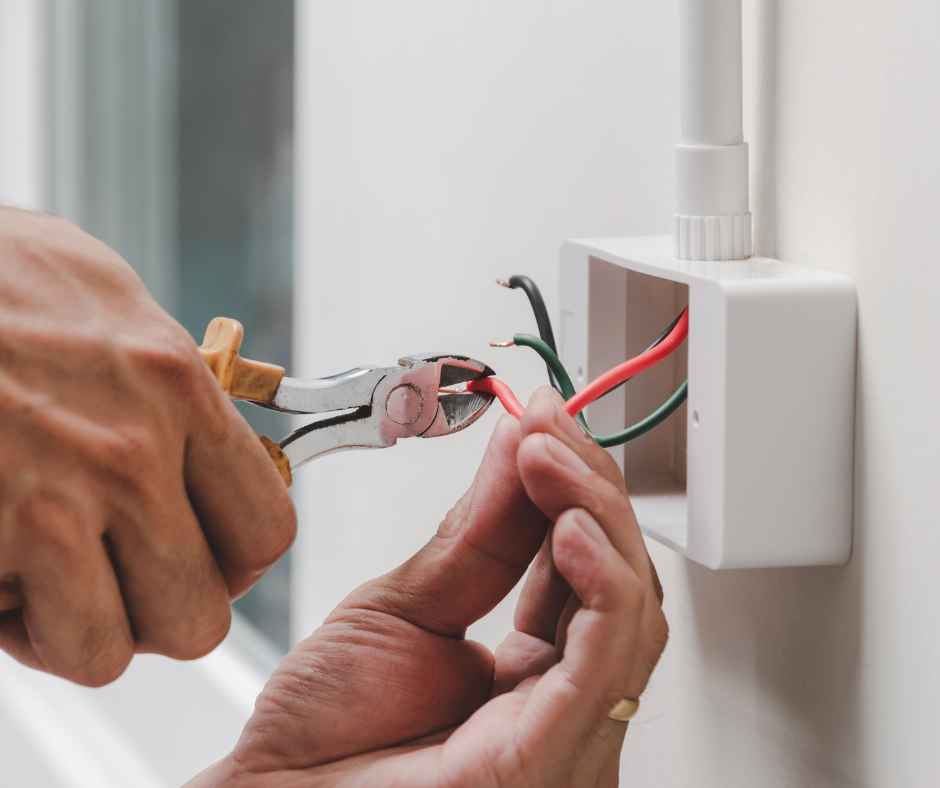
How to Troubleshoot Common Electrical Issues in Your Home
March 13, 2025
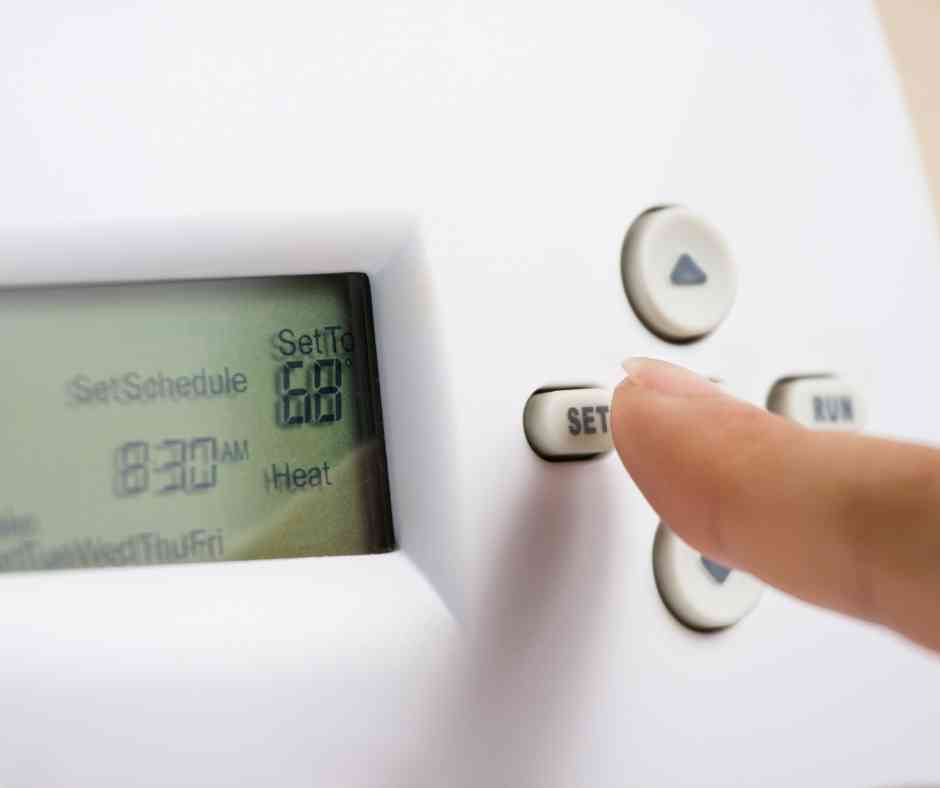
What Does Hold Mean on a Thermostat?
February 13, 2025
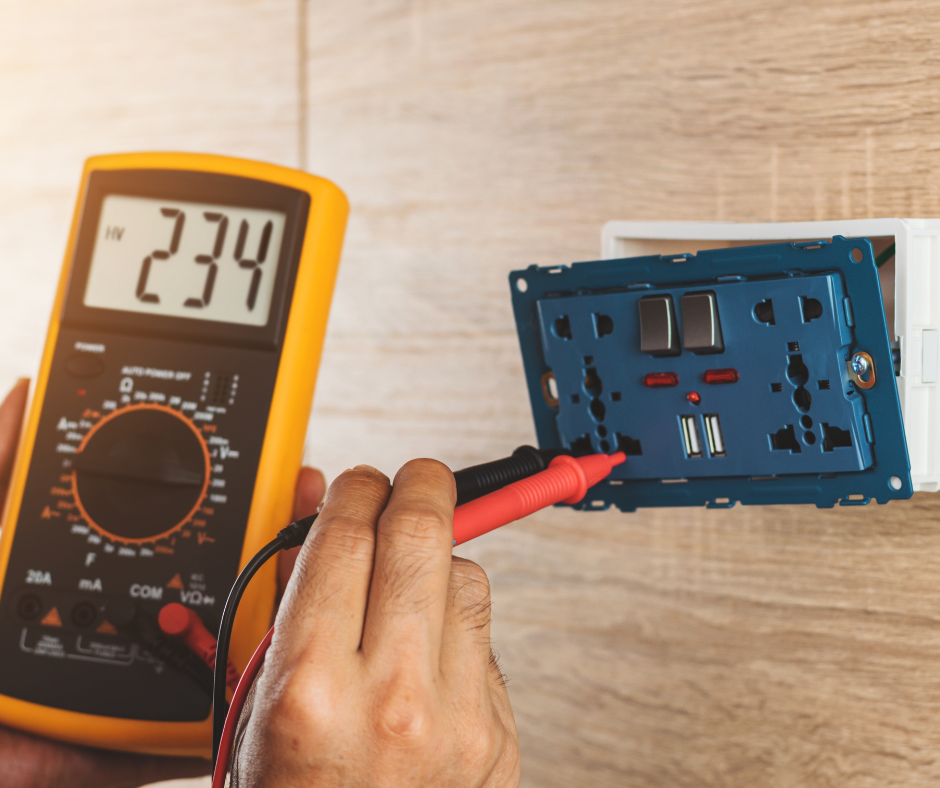
Home Electrical Inspection Checklist
January 6, 2025
